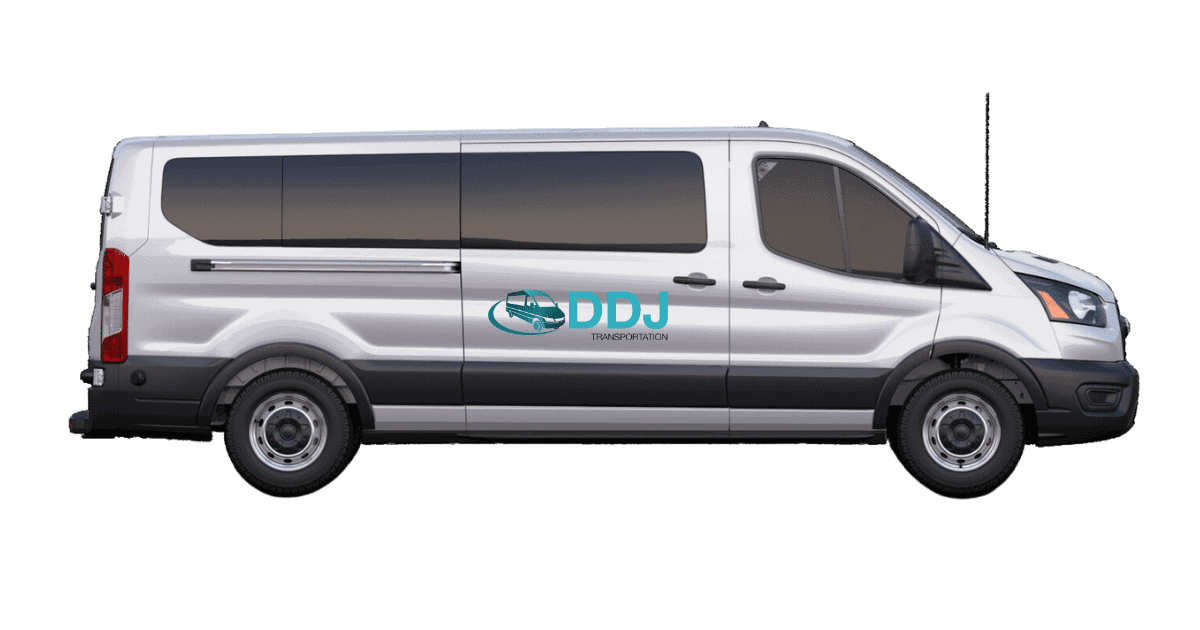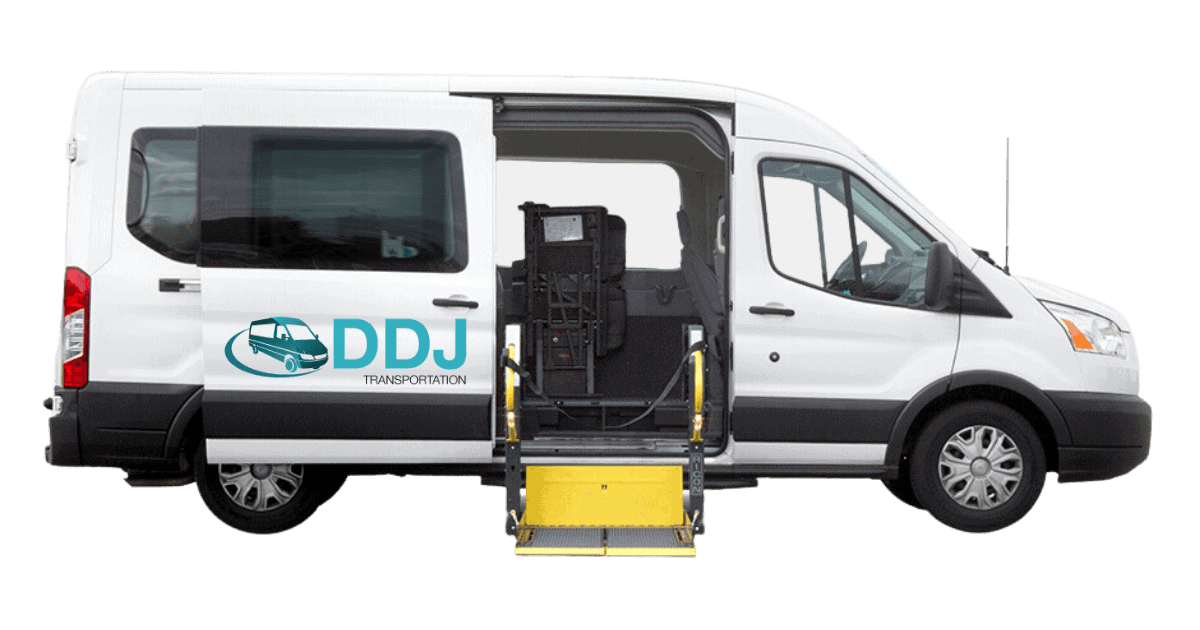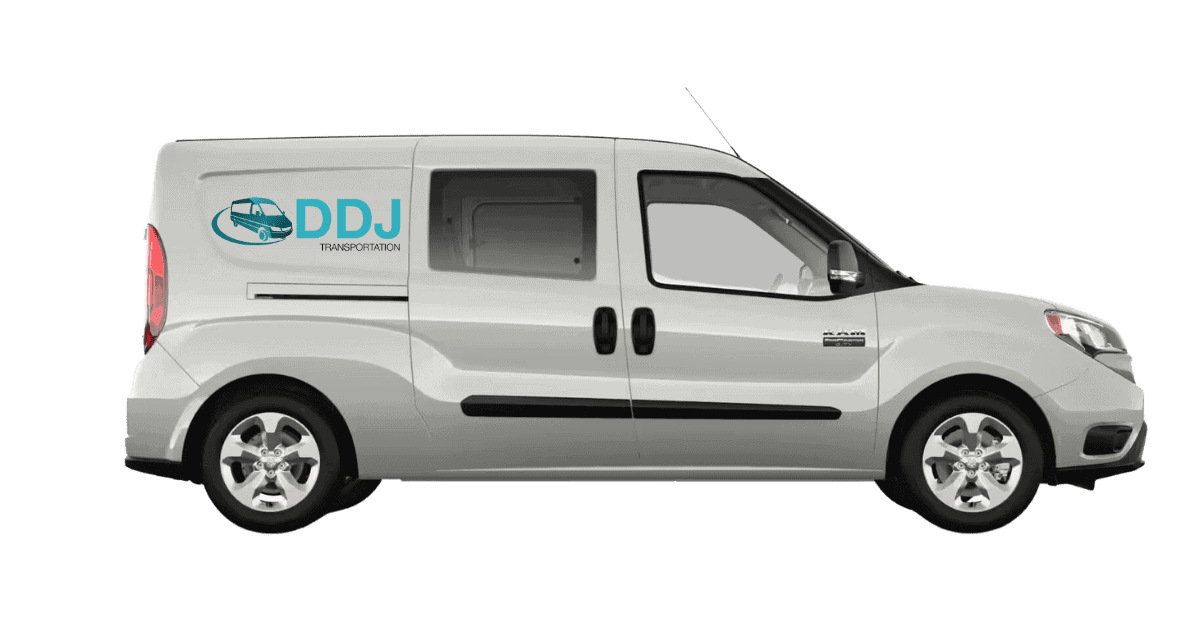Orlando Health South Seminole Hospital
Medical Transportation in Longwood, Florida

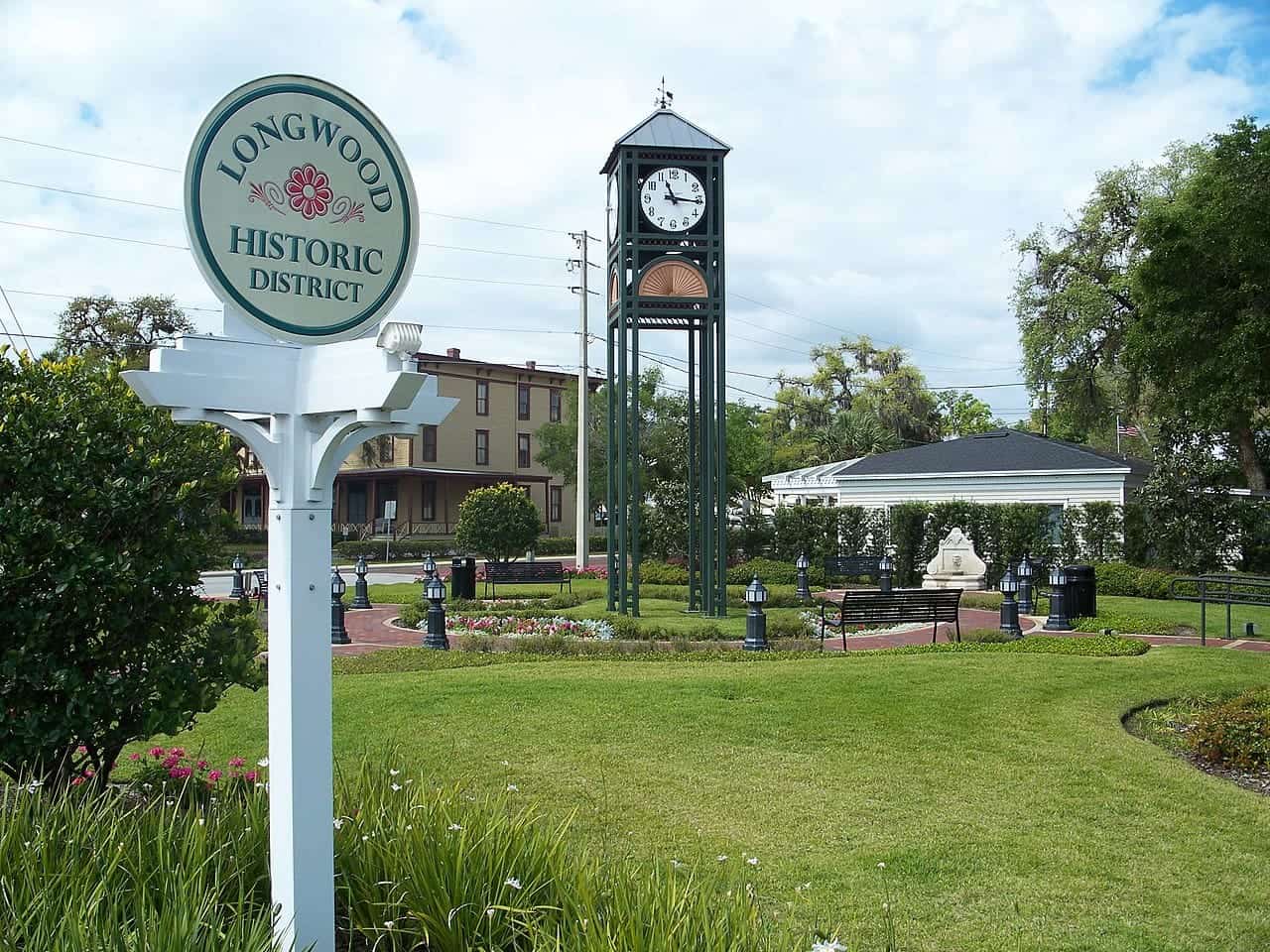
Reliable Medical Transportation in Longwood, FL
At DDJ Transportation, we provide safe, reliable, and timely non-emergency medical transportation (NEMT) services in Longwood, FL, and surrounding areas. Whether you need transportation to a medical appointment, therapy session, dialysis center, or other healthcare facility, our professional drivers ensure a smooth and comfortable ride.
Our Customer Reviews






Our Non-Emergency Medical Transportation (NEMT) Services in Longwood, FL
Wheelchair Transport
Stretcher Transport
Doctor’s Appointments
Dialysis Transportation
Physical Therapy & Rehab
Hospital Discharges
Assisted Living & Nursing Home Transfers
Pharmacy & Medical Supply Runs
Mental Health & Behavioral Health Transport
Family Visits & Outings
Veteran Medical Transport
Custom Trips Upon Request
Our Safe & Secure Vehicles
We utilize the best in medical-grade vehicles that are specially equipped with ramps, lifts, and securement systems to facilitate safe and comfortable wheelchair transportation. For stretcher transport, our medical-grade vehicles feature specialized stretchers and equipment, ensuring the highest level of care and comfort during the journey.
See Our VehiclesServing Popular Medical Destinations in Longwood, FL
Our Non-Emergency Medical Transportation (NEMT) services cover major hospitals, clinics, and medical facilities in and around Longwood, FL, including:
We also offer transport to major medical centers in Orlando and beyond. Let us take the stress out of getting to and from your medical appointments in Longwood, FL. With DDJ Transportation, you get reliable, safe, and affordable non-emergency medical transportation throughout Longwood, FL.
Questions On Your Longwood medical transportation needs?
Why Choose DDJ Transport for your Non-Emergency Medical Transport needs?


